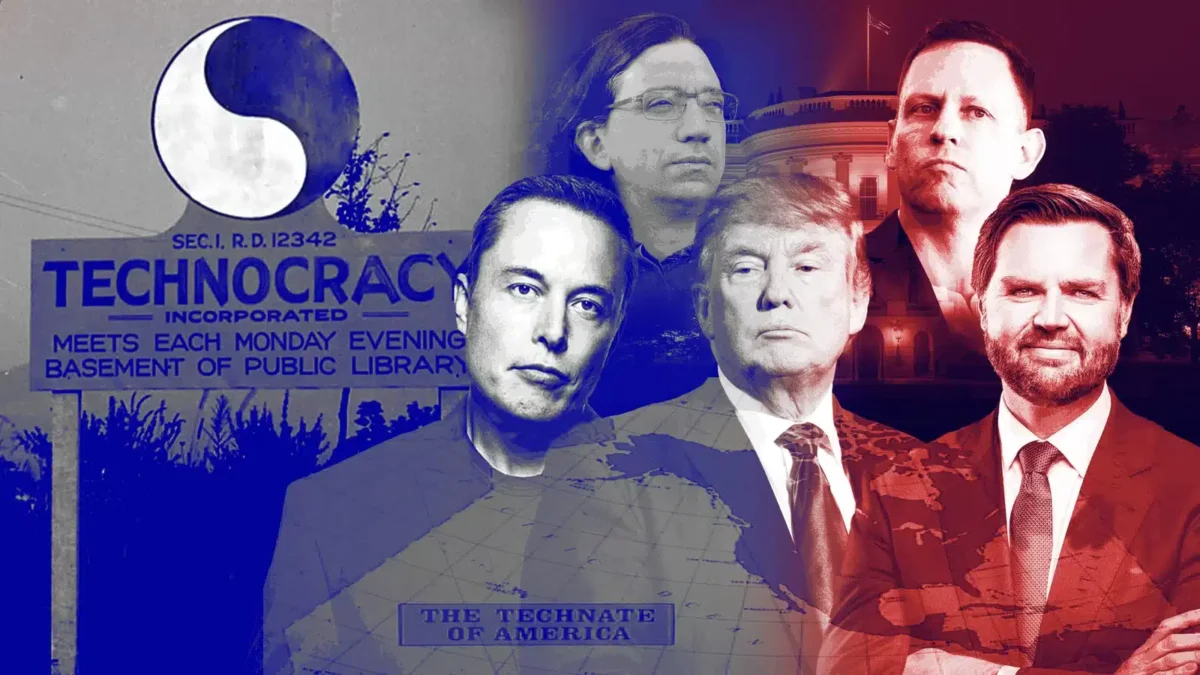The Collapse of the Citizen and the Lure of Algorithms
Eric Schmidt is often the face people point to when warning about a technocratic future. That reputation comes with real consequences: trust in institutions is fraying and the temptation to hand over judgment to machines grows. We need to name that risk and explain why it matters for a free republic.
The sweep of life in the West right now looks exhausted: institutions moving slowly, elites seeming distant, and politics reduced to endless conflict. In that vacuum, the pitch of algorithmic government sounds appealing because it promises competence and order. But competence alone is not the same thing as right rule.
The deeper crisis is moral and civic, not merely technological or managerial. Democracies fail when citizens lose the habits that make self-government possible: restraint, responsibility, and the willingness to deliberate. Machines can process data, but they cannot produce the character that undergirds a free people.
Part of the attraction of what you might call algocracy is practical: algorithms offer speed, consistency, and neutrality on paper. Those are alluring traits when human institutions appear biased or corrupt. Still, replacing judgment with optimization misunderstands what politics is for.
Optimization is not judgment, and efficiency is not wisdom. Algorithms can minimize error rates or maximize engagement, but they cannot interpret moral ends or weigh competing goods. Political life depends on moral discernment that no code can encode.
When citizens grow tired of polarization and institutional failure, they look for external fixes to restore order. Historically that impulse produced strongmen; today it steers many toward statistical rule. The underlying temptation is the same: to outsource responsibility to a power that feels neutral and inevitable.
Alas, alas! how very soon this silly little fly,
Hearing his wily, flattering words, came slowly flitting by;
With buzzing wings she hung aloft, then near and nearer drew,
Thinking only of her brilliant eyes, and green and purple hue;–
Thinking only of her crested head – poor foolish thing! – At last
Up jumped the cunning spider, and fiercely held her fast.
He dragged her up his winding stair, into his dismal den,
Within his little parlour – but she ne’er came out again!
– And now, dear little children, who may this story read,
To idle, silly, flattering words, I pray you ne’er give heed:
Unto an evil counsellor, close heart, and ear, and eye,
And take a lesson from this tale, of the Spider and the Fly.
– Mary Howitt (1828)
Once people accept that the algorithm knows best, civic muscles atrophy: the capacity to judge, to bear disagreement, and to prioritize common goods grows weak. A polity that loses those habits will be easy to steer by whatever planners write the rules. That is not paranoia; it is a sober observation about human nature and institutions.
The founders understood this risk without computers. John Adams wrote that the Constitution was made for a moral and religious people, noting the sociological truth that a free republic needs citizens who can govern themselves. George Washington warned that liberty depends on shared moral principles and warned against their erosion.
The point is practical, not theological: a society without virtue either descends into chaos or begs for someone to restore order. Today the would-be restorer often appears as code and models, not a man with a crown. But a technological black box can dominate just as surely as a dictator if citizens no longer resist.
AI mirrors the society that builds it and then amplifies those tendencies. If a culture is confused about justice, its systems will deepen that confusion. If people avoid responsibility, the machine will step in and scale their disorientation.
This does not mean AI has no role in civic life. Tools can help people deliberate, surface information, and improve administration when guided by sound principles. But they cannot determine the value of a human being, define justice, or cultivate civic character.
The real task is not to invent a better algorithm but to rebuild the citizen. That means restoring historical orientation as guidance and strengthening shared virtues like courage, honesty, duty, and dignity. It means reanchoring institutions around transparency, limits on power, and equal treatment under the law.
AI should be treated as an instrument that supports human participation, never as a shortcut for the responsibilities of citizenship. Any system that weakens individual dignity and erodes moral agency will not sustain freedom. The hard work is to teach citizens again how to govern themselves.
The pressing question is not whether machines will govern; it is whether we will remember how to govern ourselves.

